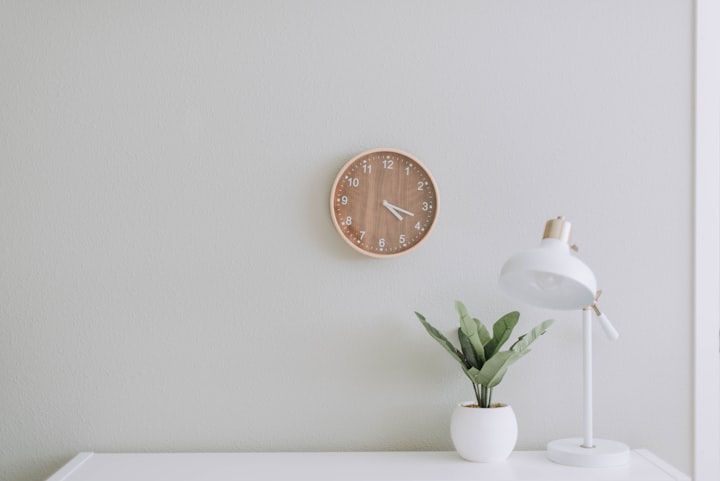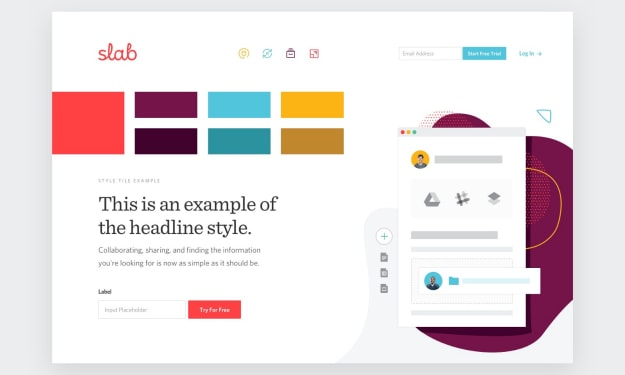Reframing Minimalism
From lifestyle to toolbox

I found minimalism a little over two years ago, starry eyed and optimistic, I dove right in with the hopes of reaching some level of peak enlightenment, to find myself with zero desire to own an object for materialistic reasons, and transcend past the concept of humanity to a singularity of contentment.
Dramatic? Yes, but you get the point I’m sure. For me, those days are over but while my interest in minimalism as a lifestyle has faded, some things I picked up along the way have stayed with me.
What minimalism can become
A simple trap many find themselves running into while on their journey through minimalism is placing too much emphasis on reaching this elusive goal of having got rid of so much stuff that you no longer need to declutter… at which point, you think you can finally begin to live your life. As if the objects in your possession acted as some kind of an anchor, inhibiting your progression. I think about this often… I assume it simply manifests due to the weight you give this idea in your mind, the more you feed it and work towards it, the more perceived importance it has. This is how I felt for some time anyway.
While I think it’s never a bad idea to declutter, we shouldn’t demonise the simple act, or state, of being in possession of a thing. It’s only natural to hold onto items we deem important or useful, we as humans are constantly thinking about, and preparing for the future. Time spent working to accumulate wealth, invest and build is all in an attempt to ensure our tomorrow is safer and more secure than our today. And that’s ok.
I spent a lot of time a few years ago reducing clutter, cutting potential for wasted decision making during the day, ensuring the things I did own were multi purpose. A strange position I once found myself in was whilst having a growing interest in fashion, I had also removed 80% of the pieces from my wardrobe, I essentially wore the same outfit every day, for work and on weekends. Granted yes I loved those clothes at the time, but it still seems like a strange and contradictory situation to be in, right?
Situations like this made me come to the realisation that simply having less ≠ better. There was a balance to be struck in order to keep the things that brought joy in life.
On the flip side, it’s easy to find yourself caught up in the cycle of earning money, to purchase a fancy new thing, to keep you happy, while you earn money, to purchase the next fancy new thing. And while it may not always be “bad” (depending on your spending habits); to begin saving money or reducing your level of stress about the things you own, it may help to reframe the way you look at belongings.
What you can turn minimalism into
Time passed and while I had this new way of thinking about the objects I own and consume, a low level of emptiness had manifested simply from not owning the things that would facilitate living the life I wanted. It’s easy to skip certain hobbies or activates you might want to pursue simply because you dont want to own the things required in the first place.
After this bout of minimalism, I’ve started purchasing again, the things that make me happy. Sure, there are plenty of apparent benefits of sticking to a minimalist lifestyle like having a lower carbon footprint (but dont worry too much about that), less waste, an easy to clean your tiny and empty apartment, cool. I don’t think its all that it’s cracked up to be, however I do think the general principles are still worth keeping in mind as a consumer in this world of ours.
These are a few questions I like to ask myself when out and about, or I find myself with an itch to buy… well… things. These are questions I would routinely ask myself when throwing belongings away (if you swap buy with own).
1. Do I need to buy this?/Can I get by with an alternative solution I already have access to?
2. Do I need this now?
3. Is there a better/cheaper/environmentally friendly alternative?
And the outlier:
4. Will the outcome of having owned this object make me happy?
Why do objects matter anyway?
For many children that grew up like myself, your home, your bedroom and your possessions mean the world to you, sports trophies might adorn the shelves, gifts, toys and games fill the draws in the corner by the door, your soft toys line the edge of your bed like some sort of army prepared to defend their territory to the death. These items help to remind you who you are, what you do, where you came from and where you might be going.
It seems giving a child the opportunity to decorate this space as they see fit, with the things they love can be an essential step in their development. It can promote creativity and self expression in many ways. And hey, its nice to have a place to call your own, so why should we fight to completely abandon these habits in our own lives as adults?
About the Creator
Rhys Webster
Sydney based designer. Photography, fashion, coffee and gaming enthusiast.






Comments
There are no comments for this story
Be the first to respond and start the conversation.